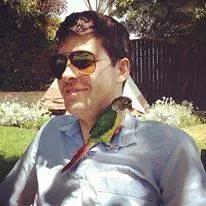You can use the pattern て-form + から to show that something has occurred or will occur after something else.
Check out the example sentences below to see how て-form + から is used in context.
| English | Japanese |
|---|---|
| I will take a bath after I return home. | 家 に 帰って から、 お風呂 に 入ります。ie ni kaette kara, ofuro ni hairimasu. |
| Michiko started studying English after she went to England. | みちこ さん は 英国 に 行って から、 英語 を 勉強し 始めました。michiko san wa eikoku ni itte kara, eigo o benkyoushi hajimemashita. |
| What will you do after you graduate? | 卒業して から、 何 を します か?sotsugyoushite kara, nani o shimasu ka? |
| She became famous after helping the king. | 彼女 は、 王 を 手伝って から、 有名 に なりました。kanojo wa, ou o tetsudatte kara, yuumei ni narimashita. |
Your questions are stored by us to improve Elon.io

